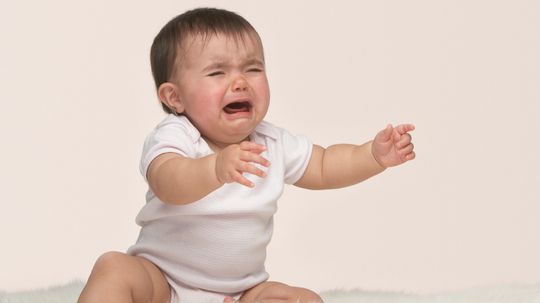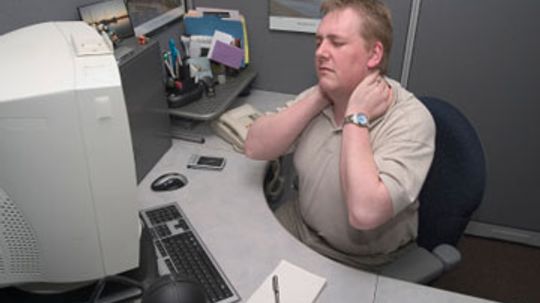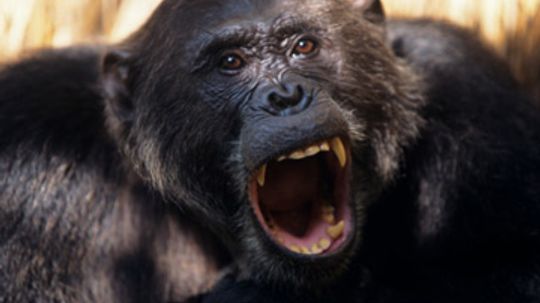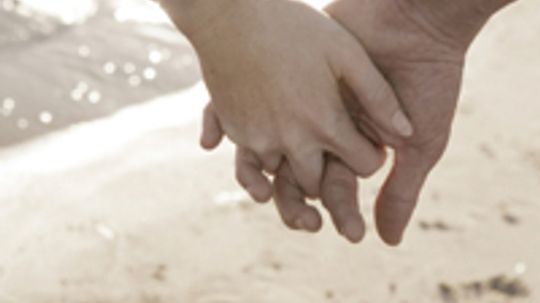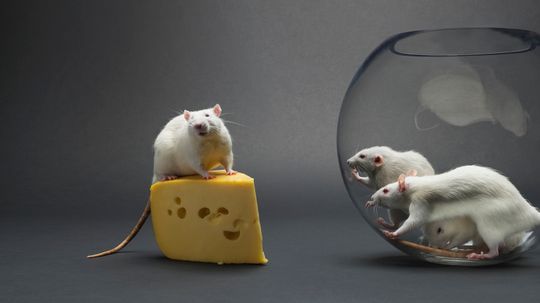Emotions
What are the health benefits of laughter? What is happening in the brain when you're in love? What are the effects of isolation on the mind? Find out in these articles about human emotion.
Learn More
Suspect infidelity? Discover key signs he is cheating, from secretive behavior to emotional distance. Learn the red flags and what to do next.
By HowStuffWorks
Where does fear come from? American psychologist John Watson wanted to find out — so, in the name of science, he tried to instill specific new fears into a baby boy he called Albert.
Stanley Milgram's experiment was a controversial test of human psychology that shed light on the limitations of free will and obedience to authority.
By Mitch Ryan
Advertisement
Scientists know that the brain's reward center teaches humans that certain behaviors lead to pleasure, but what about those that lead to pain? A clue lies in the fact that pain isn't just a physical sensation, but an emotional and psychological one as well.
By Josh Clark
We hear news of violent acts of all sorts committed by humans every day. But how do we become violent? Is it something we learn, or are people violent at birth? And is there anything that can stop it?
Humans can express emotion in a variety of ways, from the written word to spoken communication. But what is it about music and art in particular that has the power to move us?
By Josh Clark
Why do we get mad when we get hit, or get sad when we're disappointed? Are the emotions we feel physical responses to our environments or manifestations of physical changes? There's a lot less debate on the subject than you'd think.
By Josh Clark
Advertisement
Touch can be a very powerful thing that can dredge up all kinds of intense feelings. The lightest touch in the right place can induce laughter in the most taciturn people. Why?
By Josh Clark
Think musicals are cheesy? You're not alone. But even the most cynical among us can't deny that hearing a favorite song can completely change our mood.
Money can buy important stuff like food and shelter, which brings a smile to anyone's face. But after you cross a certain financial threshold, how much happier can a new Jaguar and a Versace bag really make you?
People love chocolate. They eat it to drown their sorrows and to celebrate love -- some might say it's even better than sex. Chocolate clearly helps people feel good, but can it actually get you high?
By Josh Clark
Advertisement
Whether you belt out a tune in the shower, at a karaoke bar or in a choir, singing has some real, tangible health benefits. But can it also make you happy?
By Julia Layton
Would you be happier if you had the perfect body? A better job? A bigger paycheck? Being happy with yourself is less about the pursuit of happiness and more about finding it within you.
Predicting the future is a tricky business. We've long been promised flying cars and robot maids, only to be disappointed year after year. What might the crystal ball have in store for us in 2050?
Of course they can. They do it every day when they wag and meow their undying love for you. Why are pets such a solid prescription for smiles?
Advertisement
We talk about morals in relation to raising children, voting for political candidates and criticizing people who don't see eye-to-eye with us. But is morality even a choice? Or is it all in your head?
There are people who are smart, and there are people who are people-smart. The guy you want in your think tank isn't necessarily the same person you want at your birthday party. But can emotional intelligence say more about your brain than IQ can?
Laugh and the world laughs with you, the saying goes. In our image gallery, experience the range of human emotions from around the world.
We've all seen the effects that hatred has on our society, but just what is this destructive emotion? And can it be overcome?
By Alia Hoyt
Advertisement
In this article, we'll look at laughter -- what it is, what happens in our brains when we laugh, what makes us laugh and how it can make us healthier and happier. You'll also learn that there's a tremendous amount that no one understands yet.
Everyone's familiar with the green-eyed monster called jealousy. But why do people have those feelings?
By Alia Hoyt & Sascha Bos
Can you be bored to death? Sometimes it feels that way but has someone ever really died of boredom? You might be surprised at the ways boredom can shorten your life.
Ignorance is bliss. But what if you're more than just unaware? If you are dumb as a doornail, flat-out foolish or dim-witted, are you happier than the genius next door?
Advertisement
Laughter may be the best medicine, but can it actually cure an illness? Some doctors are prescribing a daily case of the giggles along with conventional treatments.
The Declaration of Independence is one of the most significant documents in American history. However, the origin of one of its signature phrases -- the pursuit of happiness -- is shrouded in mystery.
By Josh Clark

